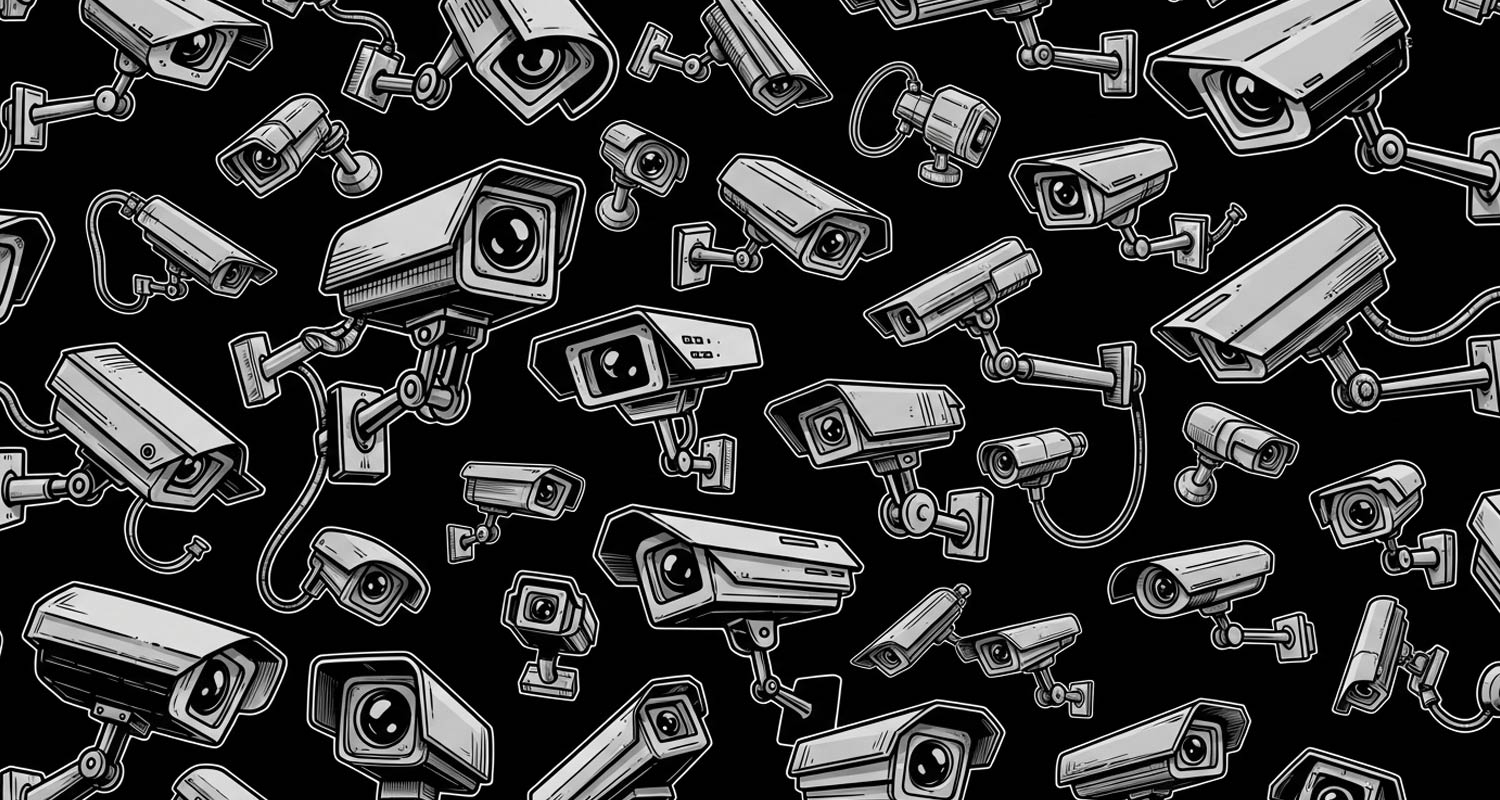The Organisation Undoing Tax Abuse (Outa) is taking its fight against the City of Johannesburg’s controversial new by-law regarding CCTV cameras to court.
The by-law, which was introduced in February, demands that city residents must register any of their CCTV cameras that have a view of public spaces with the metro.
According to Outa, the case was brought against the city at the high court in Johannesburg on 18 June. This is the first time Outa has disclosed the lawsuit.
“The notice of motion calls for the court to declare the city’s privately owned CCTV by-law invalid and unconstitutional and set it aside,” Outa said in a statement on Monday. “It also calls for the city to provide the records relating to the public participation, adoption and promulgation of the by-law.”
Outa described the by-law as “convoluted” and “irrational”, adding that it places “unreasonable burdens on private businesses and residents, raises privacy concerns, and is unworkable”.
In its founding affidavit to the court, Outa’s executive director for its accountability division, Stefanie Fick, said the organisation wants the by-law to be overturned because of a lack of public participation in the process leading up to its implementation.
Other reasons cited by Fick include the by-law’s alleged conflict with section 156 of the constitution regarding the powers of municipalities, a lack of rationality and its alleged infringement on property rights.
Private property
“The CoJ may regulate its own CCTV camera systems as it deems fit, but it exceeds its powers by directly interfering with private property rights,” says Fick.
“It would appear that the CoJ is usurping policing functions by commandeering private CCTV camera systems aimed at ensuring the safety and security of individuals, communities and property within the city. But safety and security is primarily the function of national and provincial government,” said Fick. “The CoJ is overstepping its executive and legislative authority.”
Outa’s argument is that the city’s powers are limited by both the constitution and the South African Police Service Act. Outa further contended that the by-law is “cumbersome” and “unimplementable” as it places too high an administrative burden on residents who own CCTV cameras, a view shared by public space CCTV solution provider Vumacam.
Read: Joburg under fire over CCTV by-law
Vumacam in March criticised the new by-law, describing it as “restrictive” and “backward” with reference to sections prohibiting CCTV operators from sharing footage of criminal incidents with other people, security companies or on social media.
According to Vumacam, these restrictions will make it difficult for communities and their stakeholders to collaborate to combat crime when it happens.
 “CCTV technology plays a significant role in combating insurance fraud, the verification of insurance claims, asset protection and recovery, and by-law enforcement. These benefits of the technology all contribute, in conjunction with its crime-fighting capabilities, to an environment which fosters greater economic growth and social stability,” Vumacam said in a statement at the time.
“CCTV technology plays a significant role in combating insurance fraud, the verification of insurance claims, asset protection and recovery, and by-law enforcement. These benefits of the technology all contribute, in conjunction with its crime-fighting capabilities, to an environment which fosters greater economic growth and social stability,” Vumacam said in a statement at the time.
“However, having considered the promulgated by-law, Vumacam’s view is that the legislation in its current form places significant, unlawful restrictions on privately owned CCTV cameras that are onerous and overly restrictive to commercial, private and residential camera owners.”
In addition to the administrative requirements, Joburg introduced fees related to CCTV camera ownership that Outa described as a double tax for owners who have already paid VAT and “probably” import duties on their CCTV equipment. According to Fick, the fees are “nothing more than a scheme to secure additional revenue for the city, which is financially crippled” due to maladministration.
Other arguments raised by Outa are against clauses that allow city representatives to enter private property “at any time” to inspect cameras and the requirement that cameras be labelled with personal information relating to their owners. Outa described these clauses as violations to the property and data privacy rights of citizens.
The city has until 18 July to indicate to the court whether it will defend the matter. In the event that the city opts to defend the case, it will have to supply the court with all the documents related to how the decision to pass the by-law was made. Outa will then have the opportunity to respond, following which a date for a hearing will be set.
Read: Regulator blasts data hoarding by gated communities, office parks
“The exercise of public power must be rational and logically connected to the intended purpose. It is contended that there is no rationality between the purpose and object of the act and the unreasonable burdens imposed on a CCTV owner. Placing an enormous administrative burden on a CCTV owner would discourage residents from installing CCTV camera systems,” said Fick. – © 2025 NewsCentral Media
Get breaking news from TechCentral on WhatsApp. Sign up here.



